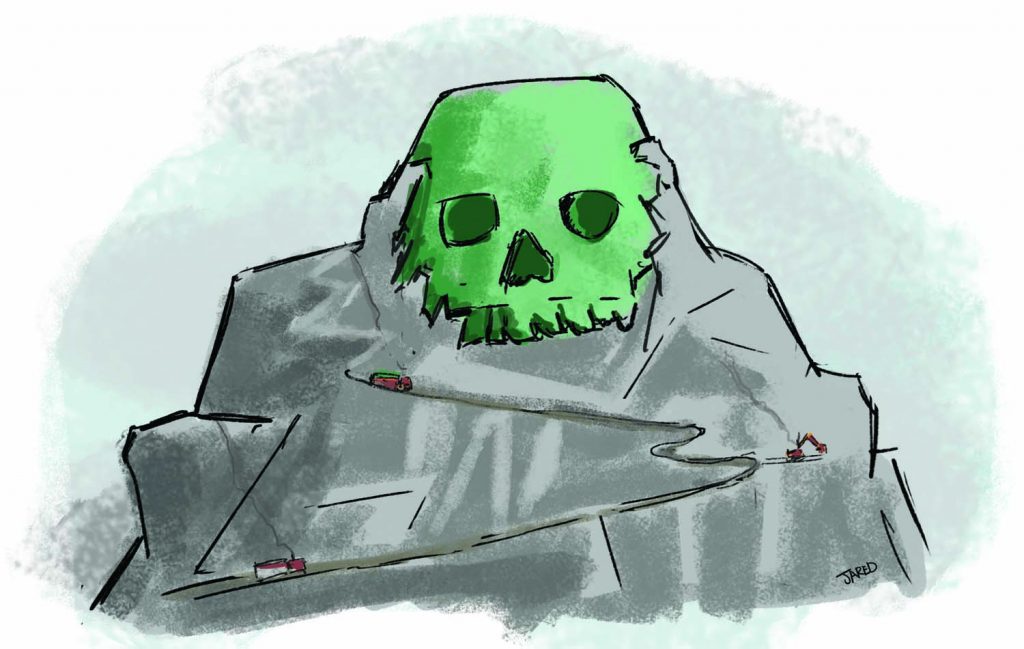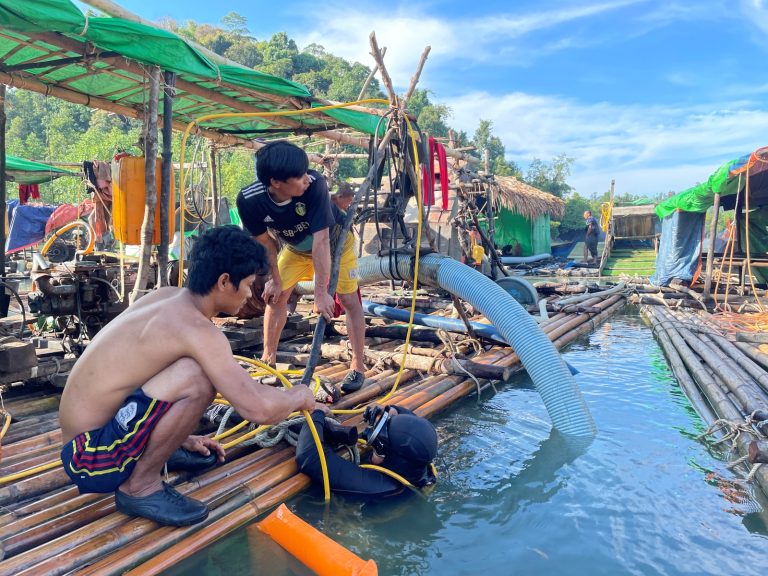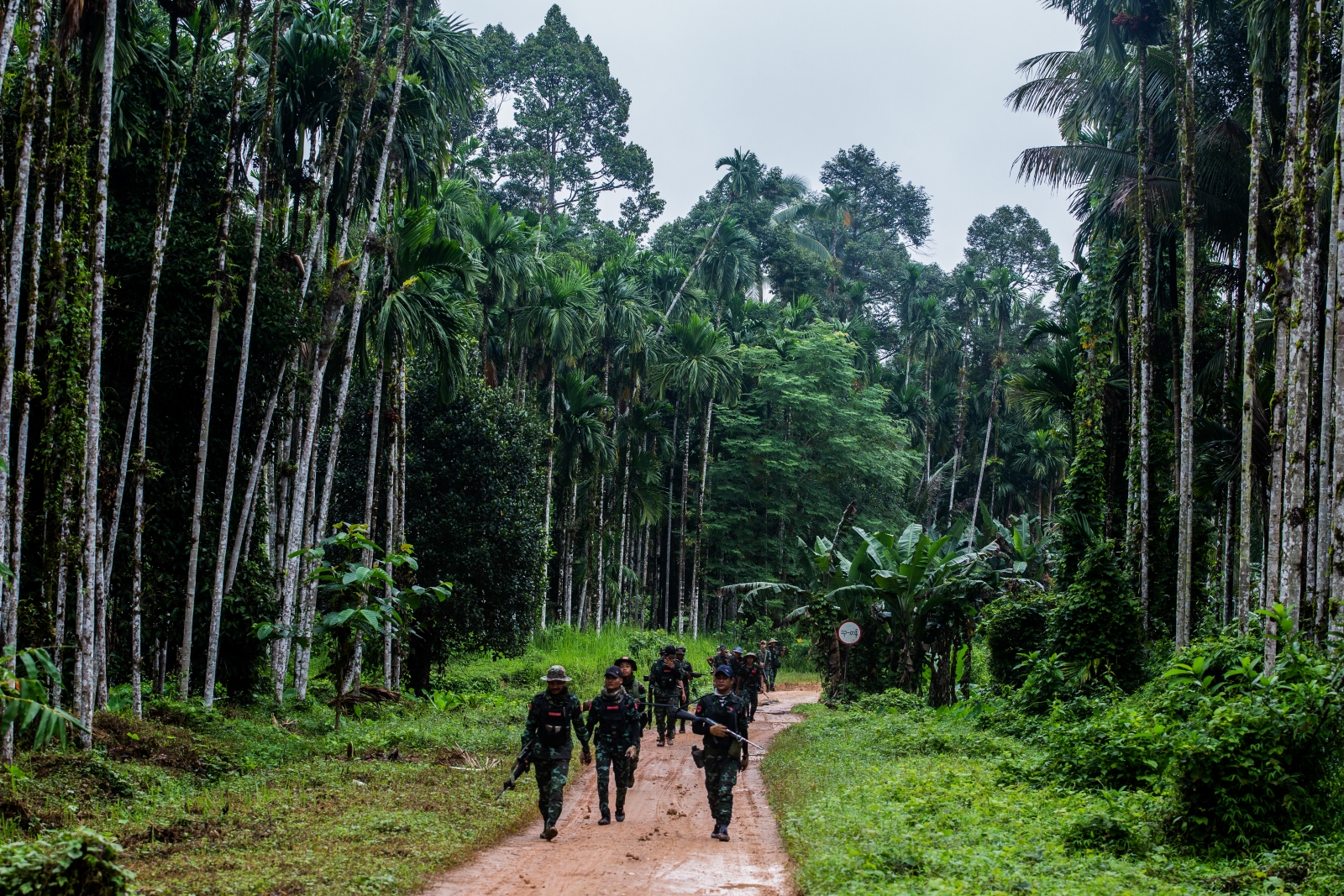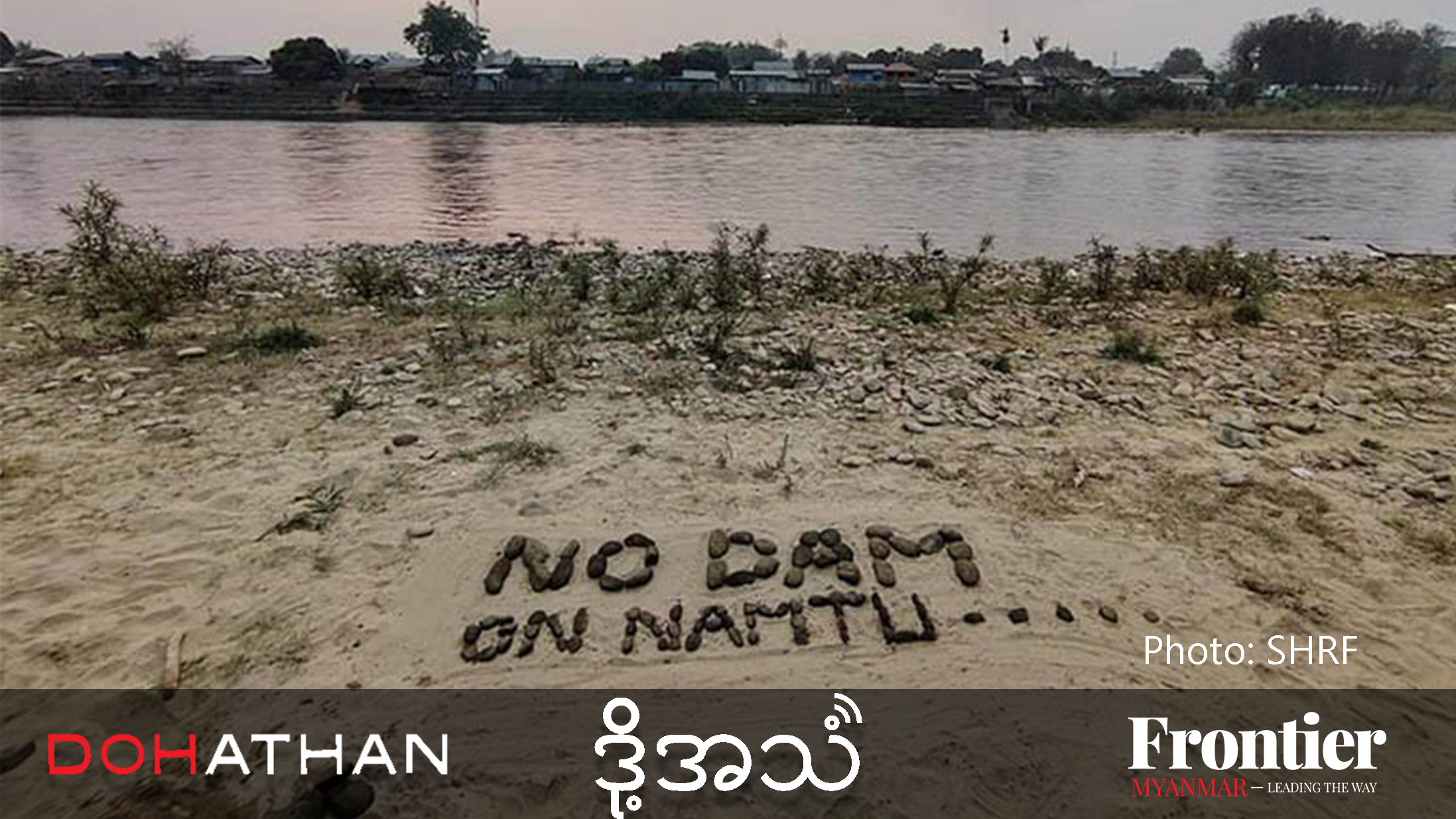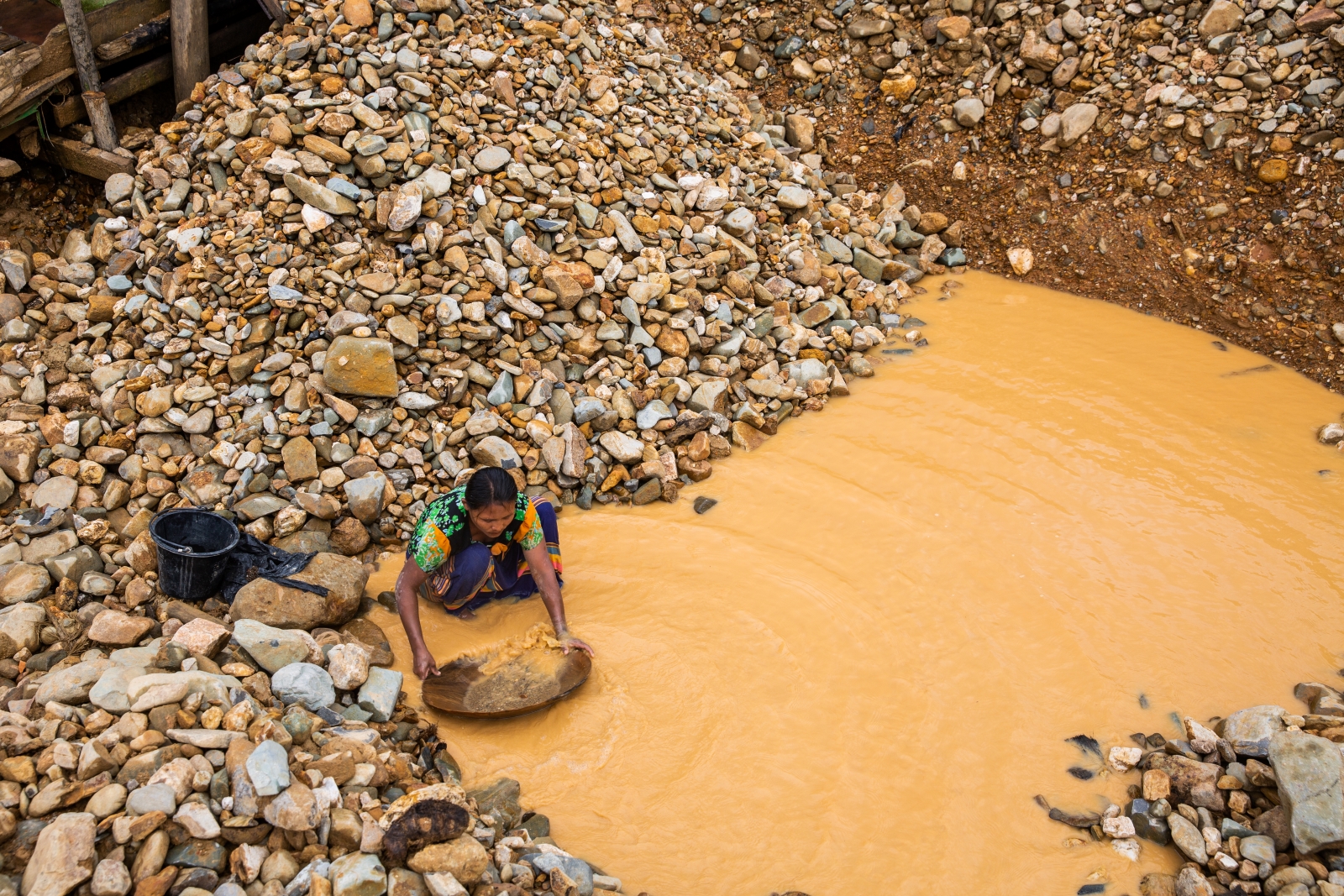After more than four years in office, the NLD can no longer shift the blame to others for the environmental, economic and human disaster that is unfolding at Hpakant.
The yemase (itinerant miners) are to blame.
The jade mining companies are to blame.
Previous governments are to blame.
The “bosses” who organise the yemase are to blame.
Following the devastating landslide at Hpakant on July 2 that killed at least 174 jade miners, it seemed that everyone was to blame… except the National League for Democracy government.
After more than four years in office, the NLD can no longer shift the blame to others for the environmental, economic and human disaster that continues to unfold at Hpakant.
It has had numerous opportunities to begin fixing the problem, to lay out a plan for turning a national tragedy into a national asset.
Instead it has opted to leave most things unchanged, and tinker around the edges with ill-considered “reforms” that have often made the situation more dangerous, particularly for the yemase. An Environmental Management Plan that was deemed too difficult to implement has been stuck in limbo since August 2017.
Invest in Frontier Myanmar’s independent journalism by becoming a member. Sign up here.
No doubt some NLD supporters will argue that reform is impossible because of the amount of money that the military and crony businesses make from the jade trade. They would say the government lacks the power to intervene.
But this is misguided. What the government lacks is the commitment to clean up at Hpakant.
It has control over most levers of power. It can issue policies. It can amend laws. It can tear up contracts if companies are flouting the rules. As we wrote after a similar accident more than a year ago, the Environmental Conservation Law gives it the authority to declare an environmental emergency at Hpakant. Frontier still believes it should do this.
Instead, the government has framed this latest disaster as a security problem. That’s convenient, given security is the one thing the NLD doesn’t have responsibility for.
Back in 2015, following a similar tragedy, State Counsellor Daw Aung San Suu Kyi said it was a “rule of law” issue.
“This sort of accident is common just because there is no rule of law. It also reflects a lack of due consideration for the safety of people’s life and property,” she told RFA.
It seems that rule of law, though, applies only to those who occupy the bottom rungs of the political and economic ladder.
Apparently the disaster had nothing to do with the inadequate legal framework, the staggering level of corruption and tax evasion, or the failure to enforce environmental standards.
Read more: Dreams of Myanmar’s ‘unwashed’ jade miners buried by disaster
The solution, of course, is another investigation body. There are few reasons to be optimistic about this, particularly because it’s led by a minister who labelled itinerant miners “greedy”. Joining him on this new committee is the minister for home affairs, who – as critics have pointed out – cannot be impartial, given the military’s significant jade mining interests.
What has been most inexcusable, though, is the government’s callous response. In the hours after the disaster, only the office of the Commander-in-Chief issued a statement of condolence, saying Min Aung Hlaing was personally saddened by the incident.
It took Aung San Suu Kyi more than 24 hours to respond at all, and when she did it was an aside, during a Facebook livestream about the impact of COVID-19 on the construction industry.
Summing up the government’s attitude, the state-run Global New Light of Myanmar printed the words “Special care cannot be given to every crop” – a quotation from Bogyoke Aung San – next to the announcement on July 4 that an investigation body would be formed.
The placement of this quotation was unfortunate – assuming it was not intentional. But it reflects the indifferent reaction to this disaster and many others in the jade mines that have claimed the lives of thousands of Myanmar’s most vulnerable people.
Even if it had no intention of fixing the root problems at Hpakant, the country’s leaders could still have showed some compassion for those who were killed. Instead of messages of condolences, though, civilian officials have had only words of blame for those who drowned in a sea of mud.
This editorial first appeared in the July 16 edition of Frontier.


